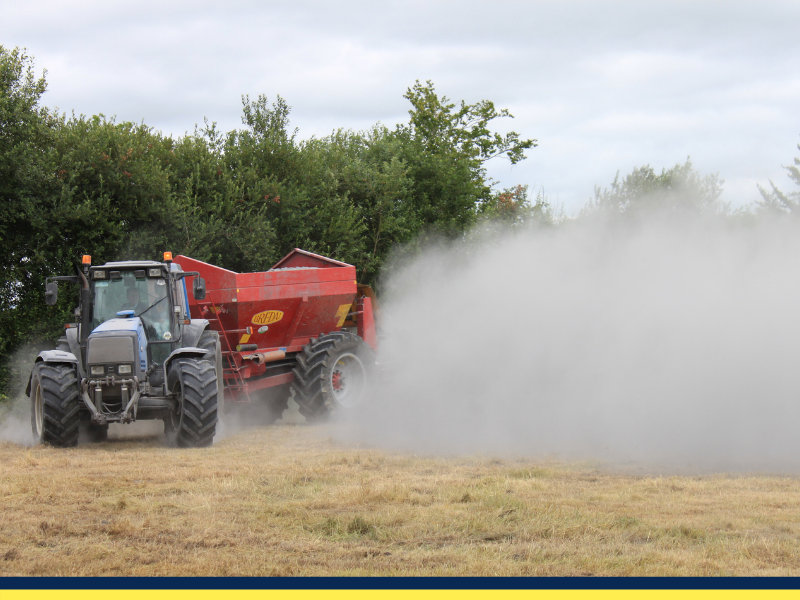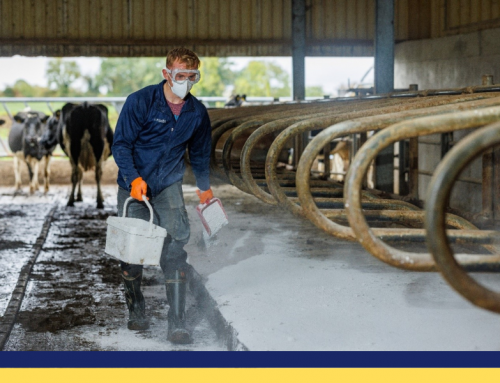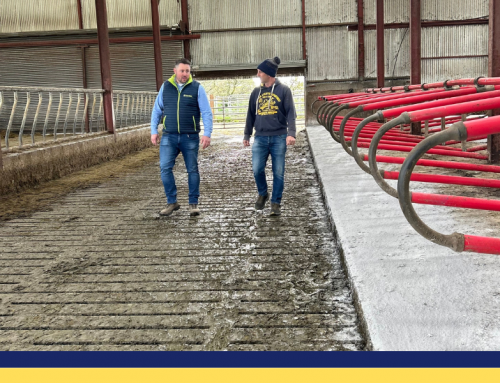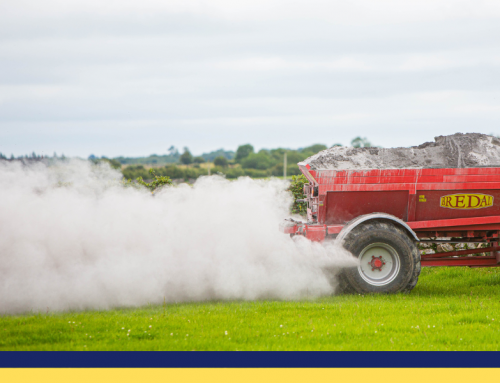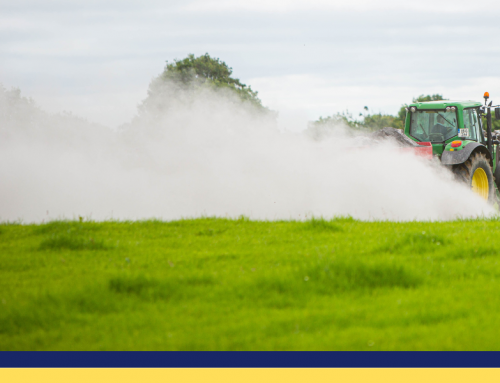Lime is a critical element of Irish agriculture, as a sustainable means of nourishing soil and improving the productivity of crops and grassland. There has been a consistent increase in the volume of Agri Lime being applied on Irish soils over the last number of years, which is partly due to the latest Nitrates Directive, requiring all Derogation Farmers to incorporate lime application into their fertiliser plan. However, this increase is also related to the increased awareness of the importance of lime application and its impact on grass production and soil fertility.
For farmers to recognise the nutrient requirements of their soils, it is recommended that they regularly undertake soil testing which will identify the soil pH level and any nutritional deficiencies that may be present. Soil testing is recommended every 3 – 5 years, which allows for any issues to be rectified before another analysis is completed.
Efficiency is key
To efficiently use Nitrogen (N), it is essential that soil pH is correct. According to Mark Plunkett, Teagasc’s soil and plant nutrition specialist, “We can double our N efficiency by correcting soil fertility (pH, Phosphorous (P) and Potassium (K)), thus reducing fertiliser N use and reducing costs.” This means that by incorporating lime into a fertiliser application plan, your fertiliser use is both more efficient and more cost-effective.
The most recent Nitrates Directive has stated that farmers in Derogation must include between 0.6kg and 1kg of clover per acre when reseeding. To optimise the growth of the clover, the soil pH must be as close to 6.3 as possible. Therefore, any soils with suboptimal pH levels must have lime applied before reseeding to increase the survival and productivity of the clover and any ryegrasses within the sward.
The incorporation of Agri Lime into your fertiliser plan is crucial in increasing the sustainability efforts of Irish agriculture while also improving your soil fertility and overall grassland production.
Timing your application
It is best practice to apply lime when weather conditions are favourable as lime application is not subject to a farming calendar. Although traditionally, lime would have been applied towards the end of the year, this tends to be the wettest period. Therefore, it is recommended to apply lime in the spring and summer to ground that has been recently grazed or has recently had silage harvested so that covers are low to also reduce the risk of lime residues on the grass.
If spreading slurry on fields that have recently received lime and where there has not been sufficient rainfall to wash the lime into the soil, up to 50% of the available N in the slurry can be lost. To minimise these losses, Teagasc recommend applying the slurry first, followed by the lime 7 – 10 days later.
Benefits to soil organic matter
Bennettsbridge Limestone’s Agri Lime is comprised of 98% Calcium Carbonate. This high calcium content is essential to restore the soils lime status to the desired pH for optimum soil fertility and to ensure improved soil structure and drainage. The calcium within our Agri Lime is also essential for healthy plant and animal growth.
Need help or advice?
Bennettsbridge Limestone is a member of GROLIME, Ireland’s only agricultural lime quality assurance scheme. For further liming advice or to learn more about our Hi-Calcium Agri Lime, click here.
Like us on Facebook
Follow us on Twitter

